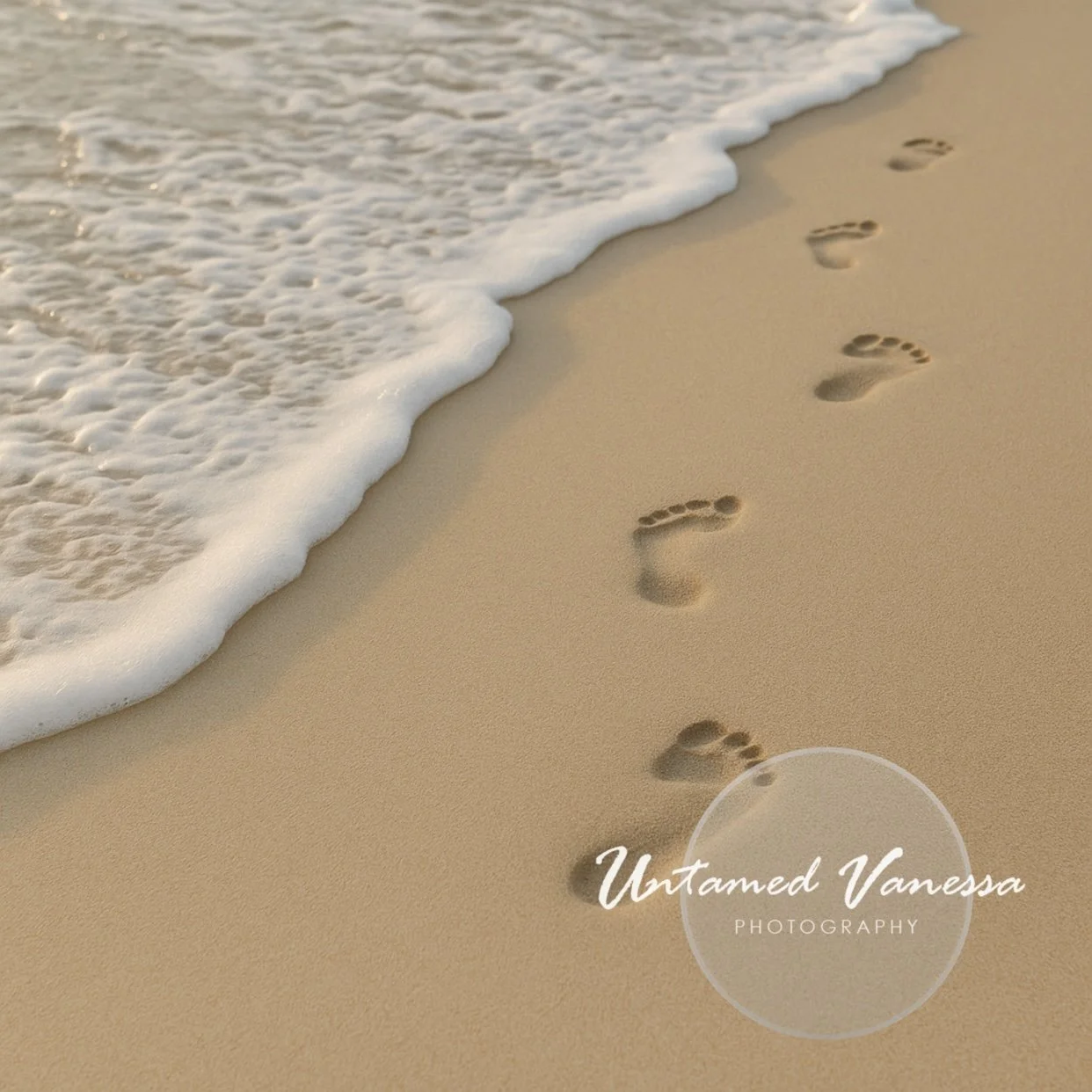Life After Loss
Finding Strength in Sudden Loss
Loss comes suddenly—through a crash, a theft, a goodbye. Yet inside the emptiness, we find not just endings but invitations to rebuild.
Today, the website I’d been working on crashed. All the work, all the careful edits, the hours of thought—it was gone. No resolution, no neat explanation, no way to roll back time. Just blank space where something used to be.
My sister experienced something even heavier. Eight years of photos—her life held in a single phone—disappeared in an instant when her iPhone died without backup. Every smile, every holiday, every small daily moment erased from the record. And once, my own iPhone was stolen, along with the iCloud account I thought was protecting my memories. In a minute, everything I had stored as proof of my life was gone.
We live believing technology makes us safe, but it also makes our fragility more visible. It shows us what life has always been teaching: things vanish.
The Many Ways We Lose
Loss doesn’t always arrive with ceremony. Sometimes it’s sudden, silent, and devastating.
People lose objects: the phone, the journal, the heirloom ring that slips away. They lose homes and belongings to fires, floods, thefts. They lose health to accidents or illnesses that change everything overnight.
People lose memories—photos, recordings, words on a page. They lose relationships to endings, silence, or betrayal. They lose people, suddenly and without reason. They lose trust, dreams, certainty, even their sense of who they are.
And beyond the personal, entire communities lose heritage, languages, and places that once held them together. We all lose time—years we can’t reclaim, days that vanish while we wait for tomorrow.
Loss wears many faces, but the feeling is the same: the floor disappears, and we are left standing on nothing.
The Ache of No Resolution
Part of what makes sudden loss so sharp is the lack of closure. When a website disappears, or when a phone dies, you crave an answer. Why did this happen? Who is at fault? Could I have prevented it?
But life rarely gives us that gift. More often, it offers silence. And we’re asked to live in the silence, to move forward without the clean ending we wish for.
This is true not only in digital failures but in love, in health, in dreams. We don’t always get to know why. And maybe that’s the hardest part—accepting that our questions will remain unanswered.
The Invitation Inside the Void
And yet, there’s something almost holy about the blank space left behind. At first, it’s unbearable—emptiness where meaning once lived. But after the rawness settles, the space can become an invitation.
What deserves to be rebuilt? What should remain gone? What new thing might be born because the old one fell away?
The loss itself doesn’t feel like a gift. But the way we step into the aftermath—that is where growth begins.
The Sainya Way of Facing Loss
Sainya—graceful, unapologetic boldness—isn’t about pretending the pain doesn’t matter. It’s about how we stand inside it.
Facing the Void: We don’t flinch from the emptiness. We let ourselves feel it fully, knowing this too is part of being alive.
Refusing to Beg for Closure: We don’t wait for explanations that may never come. We accept the silence and keep moving.
Carrying the Essence, Not the Artifact: Even if photos or files are gone, the memory lives in us. The object may vanish, but its meaning doesn’t.
Rebuilding Fiercely: We create again, not timidly, but boldly—knowing it could all vanish, but refusing to shrink out of fear.
Transforming Loss into Offering: By speaking of it, by writing, by sharing, we turn private grief into a shared source of strength.
Loss is inevitable. What defines us is not what disappears, but how we rise after. To live the Sainya way is to meet loss with elegance and defiance—to grieve, to stand, and to create again with fire in our hands.
A New Beginning
Yes, life is sometimes like this. Websites crash. Phones die. People leave. Memories slip away. We don’t always get answers. We don’t always get to go back.
But maybe the real lesson is not about clinging harder—it’s about standing taller. About moving without resolution. About letting loss teach us that while things can vanish in an instant, the spirit that builds, remembers, and loves cannot be erased.
That is where our true permanence lies.
